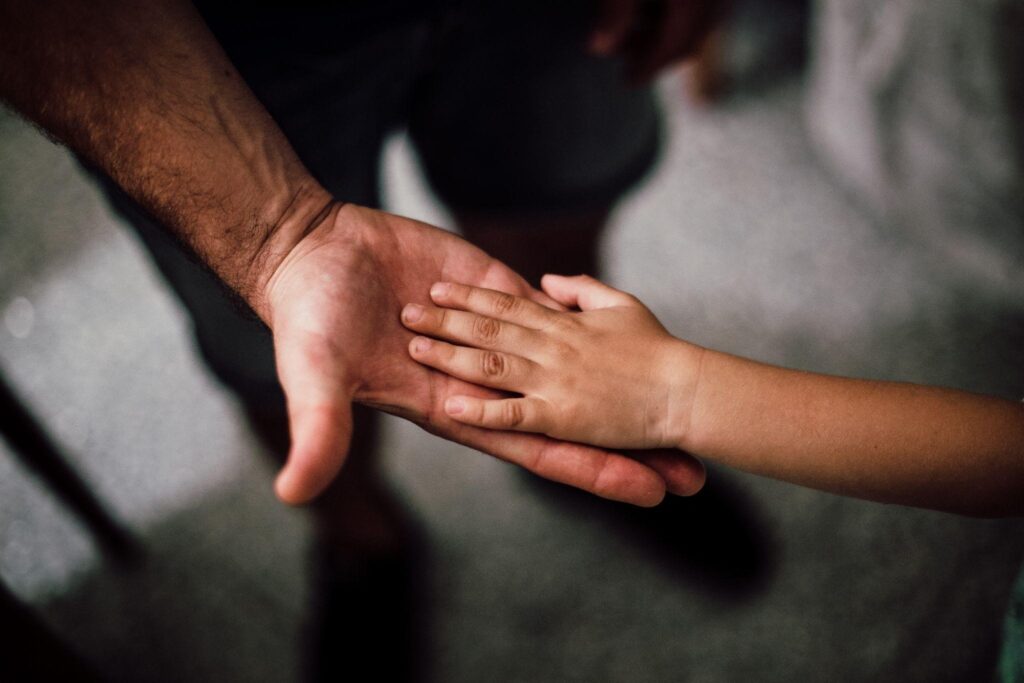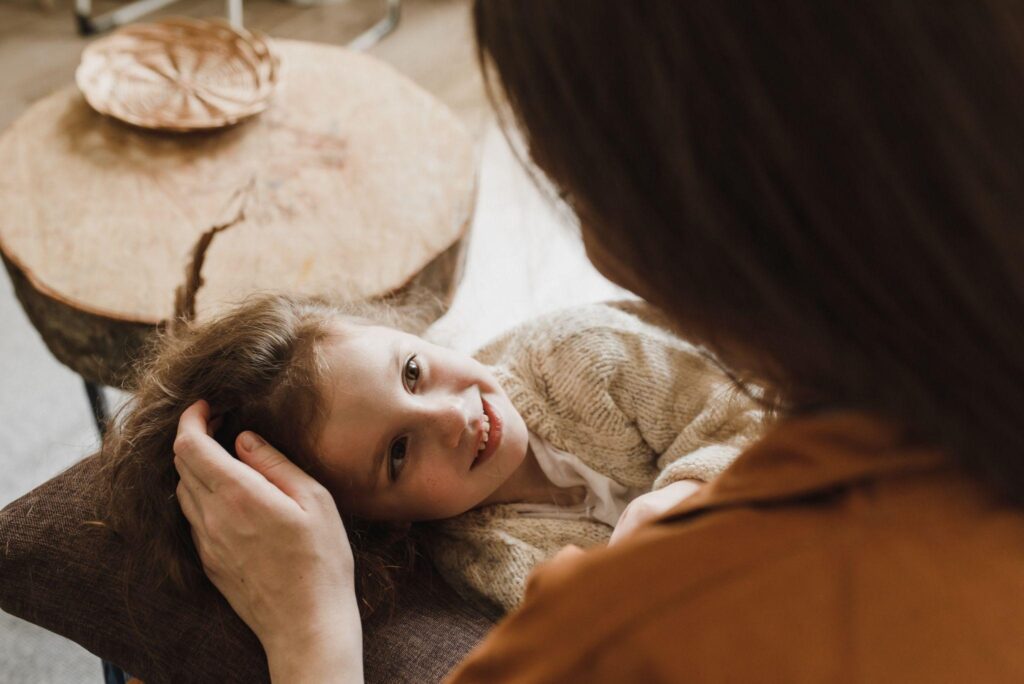Role of Parents in Promoting Mental Health in Children

Photo by Juan Pablo Serrano Arenas from Pexels
Highlights:
- It is crucial to develop good mental health in children from an early age.
- Good mental health supports children’s well-being, helps them cope with stressful situations, and reduces the risk of developing serious mental disorders later.
- Parents play an important role in the life of their children.
- Parents should create a safe and happy environment around their children, improving their overall well-being.
Mental health is vital to a child’s development, but it is difficult to gauge. Every parent needs to know the mental state of their child. It becomes important for parents to understand the good mental health of their children.
Mental health is different from mental illness. Parents should understand that mental health and mental illness are not the same. The CDC said mental illness affects an individual’s behaviour, mood, and feeling.
Having good mental health helps children recognise their abilities. Children with good mental health can cope easily in stressful situations. It also affects their productivity in their daily routine and work. Good mental health from childhood also keeps them away from serious mental illnesses like anxiety and depression in later life.
However, it is difficult to understand children’s mental health as they continue to grow and adopt different behaviours in their growing phase.
Good mental health is also influenced by various factors like their environment, biology, sociology etc.
Role of parents in developing good mental health of children

Photo by Arina Krasnikova from Pexels
Children today face various obstacles in their proper mental health development while growing up. With the advent of the Internet, children spend most of their time on networking or gaming sites, which gives rise to the problem of cyberbullying. Their social interaction also plays a vital role in how their mental growth will happen.
You can take several measures as a parent to help your children develop good mental health and reduce the risk of any symptoms of mental disorders.
- Responding to a child
Never underestimate how you respond to your child. Because the mental health of children in their growing up phase largely depends on how their caregivers perceive and react to them. Having a parent-child open communication and positive response develops a positive self-image in a child. You must give positive feedback to your kids without any nagging or sarcasm. Because being rude or using a negative tone of voice will not be effective, and they’re less likely to do what you want them to do.

Anu with children in Dharavi right after an AFY class boosts their joy
- Encourage self-esteem
Self-esteem is important for developing positive relationships in life and having confidence in one’s abilities. You should identify their child’s talents and encourage their interests to build self-confidence from an early age.
You can do this by showing them your love and acceptance, admiring their work and effort, and helping them set realistic goals. Like at our foundation, we encourage and support children talents from all backgrounds to develop healthy minds and leadership qualities and live happier lives.
- Always respect their feelings.
Children also have feelings. They may feel sad, angry, and happy. So as a parent, you should encourage them to talk and open up about their feelings. Keep the conversation flowing and listen to them.
- Create a positive environment for them
As a parent, it is necessary to provide your child with love and a positive and healthy environment. See how much time they spend on television, the Internet, and who they are talking to, virtually and in reality. Do not talk about any serious family problems in front of them; children are sensitive, and they may worry about these issues. Make time for things they enjoy and create a physical activity routine for them. Where you can yourself involve and play with them.
The Bottom Line
As a parent, you have to make tough decisions for your children in life and, more importantly, for their mental health. You need to understand that children are not adults with social and personal skills. They need proper guidance and role models who can show them the right way to live their lives. Initiating various physical activities, and promoting growth, will improve their mental health.
Just like the AAF help promote their emotional well-being, our programs are designed specifically for children, which will help them in their whole lives.
Our director, Anu Agarwal, strongly recommends that parents should take a sensible approach toward their children. As a parent, you should encourage your children to open up and share the problem they are facing. In this way, you will see the speed in the development of their mental health.
You can book a session with us at anu@anuaggarwalfoundation.org to get more insights on mental health development.
TAGS: Mental Health in Children, Mental health, Good mental health, AAF,

